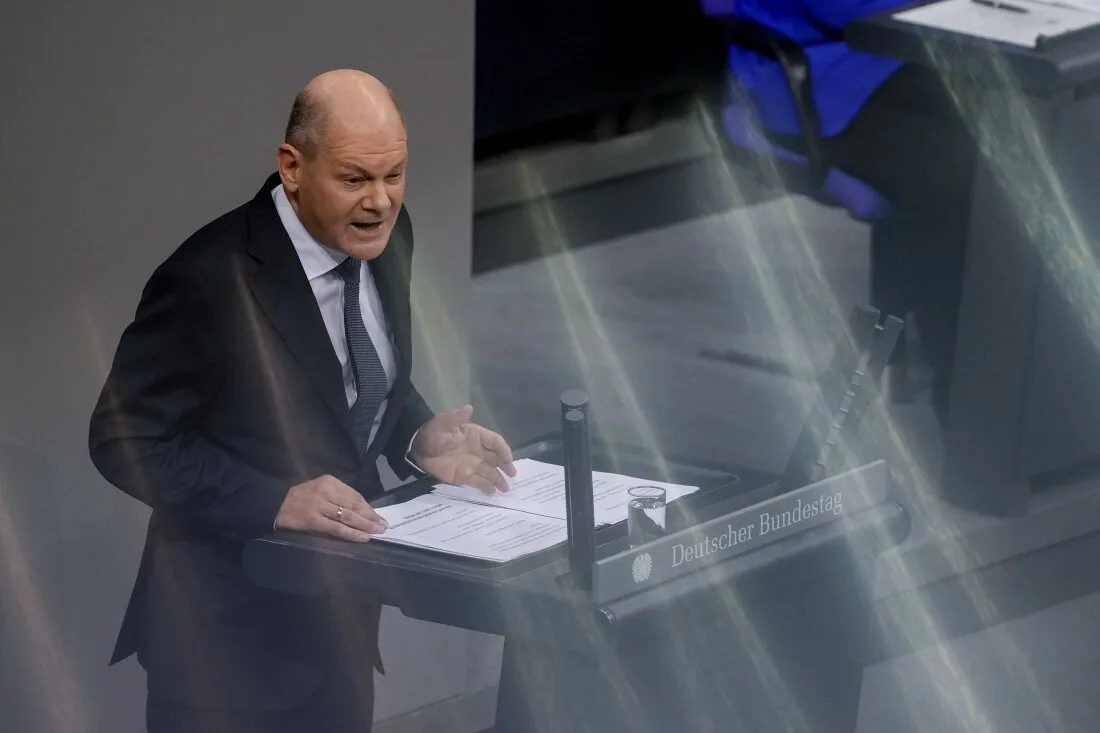In a pivotal moment for German politics, Chancellor Olaf Scholz is set to face a confidence vote on December 17, 2024, amid growing concerns over a potential snap election. Scholz, who leads the Social Democratic Party (SPD), is grappling with a divided coalition government, which includes the Greens and the Free Democratic Party (FDP). Political analysts suggest that this vote is crucial as it could dictate the political landscape in Germany moving forward. Scholz emphasized the need for stability during this tumultuous period, stating, ‘We cannot afford to go backwards. The progress we made must continue.’ The current government has been criticized for its handling of multiple crises, including energy shortages, inflation, and rising social unrest.
As the campaign season heats up, Germany is facing a policy gridlock that has left many citizens feeling disillusioned. The FDP has expressed dissatisfaction with the coalition’s performance and is pushing for a shift in focus to economic reforms. This has led to speculation about a possible shift away from Scholz, who has only held the chancellorship since December 2021. If the confidence vote fails, it could lead to a snap election as early as March 2025.
Political commentators have noted that the results of this vote will not only influence the direction of the current government but could also reshape the political alliances leading into the next election cycle. Scholz’s administration has been particularly challenged by rising energy costs and the ongoing effects of the COVID-19 pandemic, which both loom large over voters’ concerns. The situation remains fluid, as many Germans are calling for immediate and decisive action amid increasing economic pressures, leading to a heightened atmosphere of uncertainty in the country.













